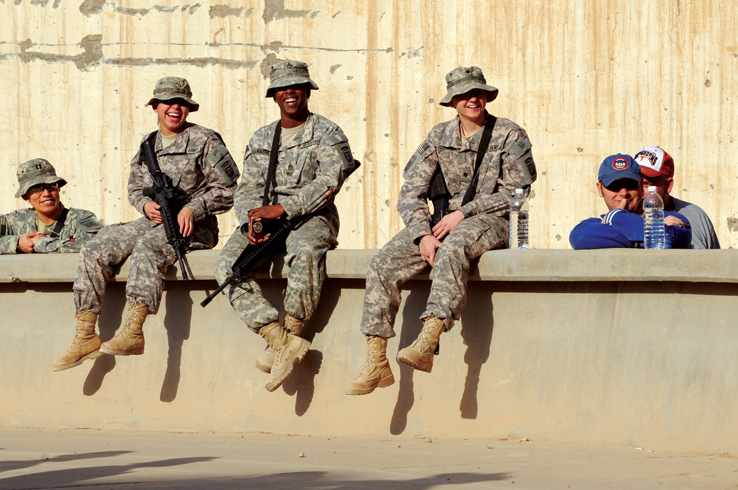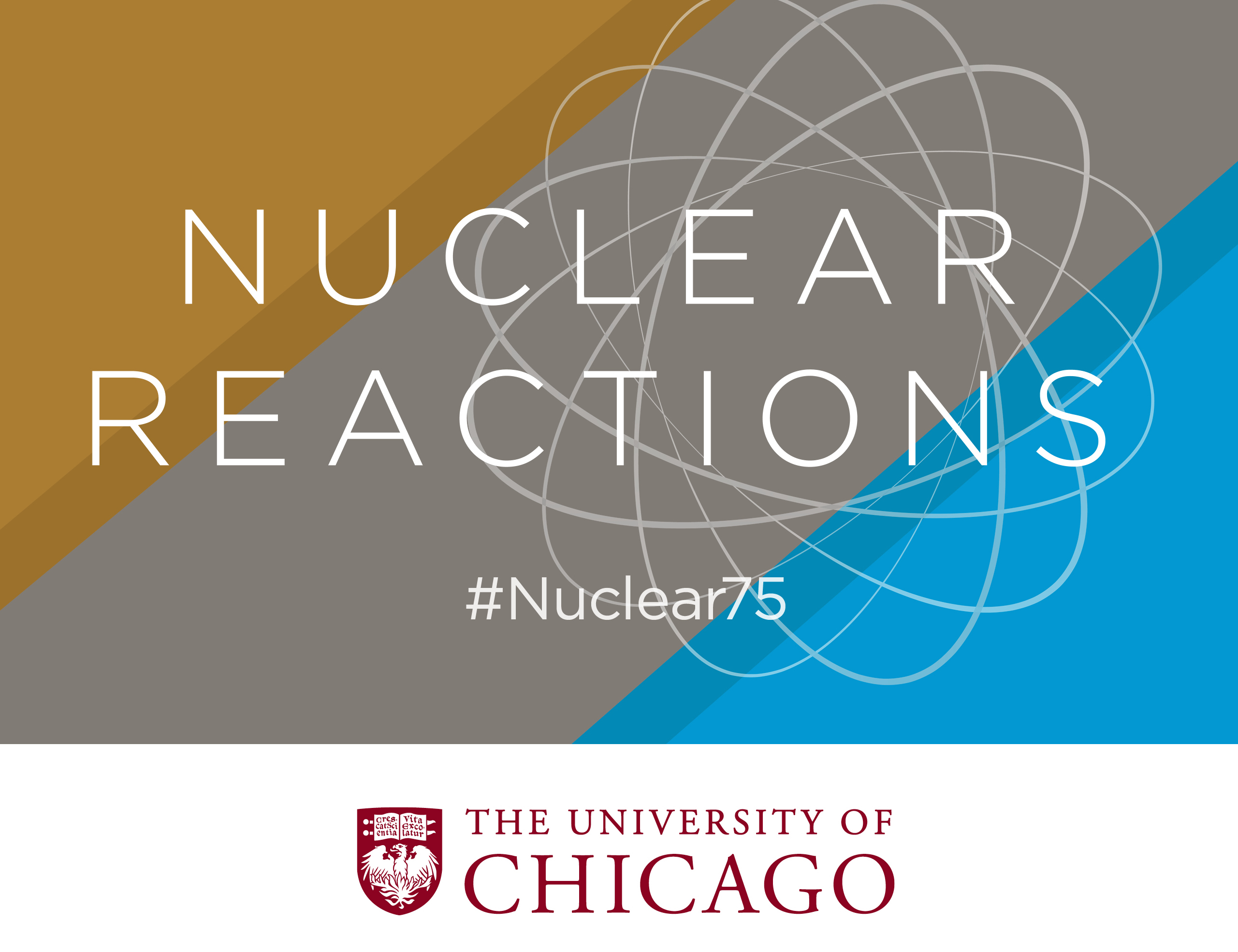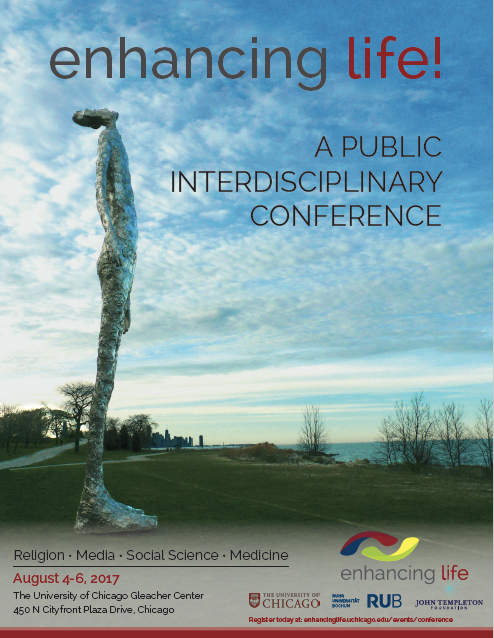When it comes to stressful jobs, combat trumps just about everything else. For many soldiers the stress of combat leads to suicide, alcohol and substance abuse, posttraumatic stress disorder (PTSD), divorce, mental health issues, weight gain, domestic abuse and sexual assault. For the U.S. Army it leads to low re-enlistment rates and attrition of future military leaders.
Research indicates that social resilience—the capacity to foster, engage in and sustain positive social relationships and to endure and recover from stress—is vital for soldiers to function well in combat and to recover from its effects, whether the soldiers remain in military service or not.
Over the years, the U.S. Army has developed programs to measure and enhance resilience. Not entirely satisfied with its results, the Army four years ago asked John Cacioppo, the Tiffany and Margaret Blake Distinguished Service Professor at the University of Chicago, to build a social-resilience training program. Now on its fourth iteration, the Social Awareness & Action Training (SAAT) program is about to begin a controlled clinical trial to test its effectiveness. More than 4,500 soldiers will participate in the double-dissociative randomized clinical trial. In such a trial, both groups receive active treatments, with each focused on a distinct set of outcomes.
“This approach eliminates the problem of participants figuring out that they’re in a control (i.e., placebo) group that can occur in randomized clinical trails,” Cacioppo says.
If the trial demonstrates that the training program works, the University will hand it over to the Army along with the methodology that was used to develop the program. “The methodology could be even more important than the program because it will allow the Army to develop additional training programs based on a rigorous scientific approach within an applied military setting,” Cacioppo says.
“This is typical of the University of Chicago,” he adds. “We try to provide not only answers to problems but also to change how people think about problems and solutions.”
Training program
The training program consists of four, two-hour classroom sessions as part of the training soldiers receive at the platoon level. (A platoon is comprised of about forty soldiers.) In addition, exercises are provided that the soldiers and their platoon can perform on their own at a later date. This training is followed by a “booster” session just prior to deployment. Also, data is gathered before, during and after the program.
“If successful, it could be implemented throughout the entire Army as well as other branches of the military,” says Louise Hawkley, co-principle investigator and research associate (associate professor of psychology) at the University of Chicago).
The research project was made possible through a three-year, $5 million grant from the Army. Arete, the University of Chicago’s research development program, helped assemble the grant’s budget, which was extremely complicated primarily because it involved two revenue streams that could not be mixed: one was designated for research and the other for training. In addition, the work involved four subcontractors. “Arete was very helpful sorting all of this out and providing logistical and administrative assistance,” Cacioppo says.
Developing the training program was especially challenging because unlike typical research, where scientists can control most salient factors, a military environment is fraught with uncertainty. “When you’re dealing with soldiers about to go to war, everything could and sometimes does change from one day to the next,” Cacioppo says. “On the other hand, the military tends to have a lot of data on its soldiers, such as disciplinary records, medical diagnoses, the results of drug tests and exposure to combat, which is very helpful to research.”
Cacioppo is a prominent researcher in social resilience and social isolation, says Jasmin Patel, assistant director for research program development at Arete. “This research will determine whether an intensive, well-designed training program can improve soldier’s resilience and performance and increase the cohesion of military units, all the while reducing negative health effects and adverse social consequences.”
By Greg Borzo




